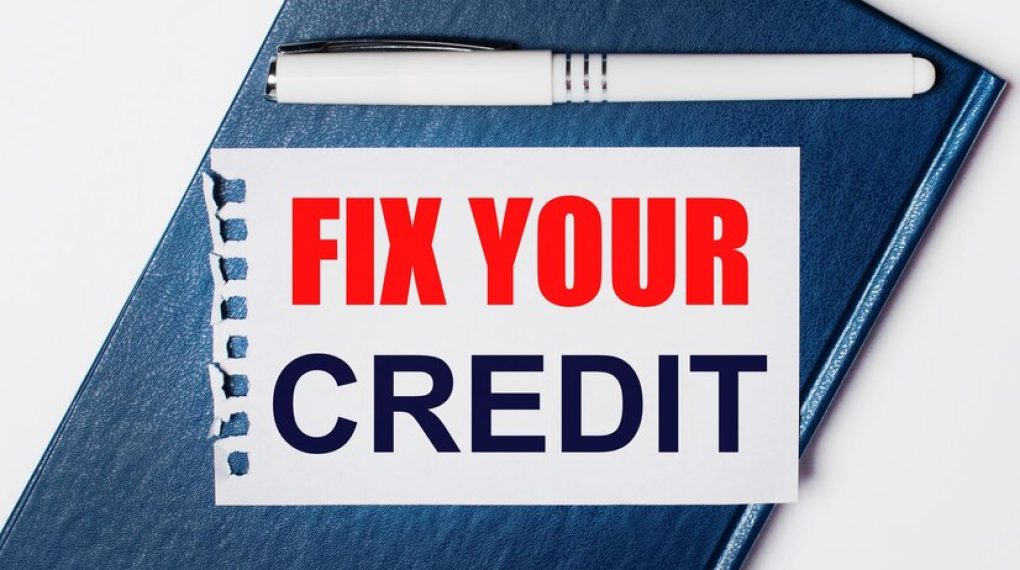
Your credit score is an important factor in determining your financial health.
A good credit score can open doors to better loan terms, lower interest rates, and a brighter financial future. However, negative items on your credit report, such as late payments, collections, bankruptcies, and foreclosures, can harm your credit score and make it more difficult to secure loans or credit in the future.
Credit repair is enhancing your overall credit score by removing negative articles from your credit repair report or taking steps to improve your credit utilization and payment history.
Things You Must Know About Credit Repair

For credit repair, you must know which is the process to calculate the credit. Unless you do not know to deal with credit reports and data, you cannot get the right credit repair reports.
1. Understanding Your Credit Report And Score
The first step for repairing your credit record is understanding your credit report and score. Your credit report is a record of your credit history and includes information about your credit accounts, payment history, and outstanding each type of debt. Your credit score is a number that represents your creditworthiness and is calculated based on the information in your credit report.
A credit repair company can help you with all of that as well. Just type credit repair plus your home State or your city. For example, credit repair companies in Waco will provide you with all the companies in the State of Texas and in Waco.
In addition to that, you are eligible to get a free copy of your credit report from each of the three major credit reporting agencies, like Equifax, Experian, and TransUnion, at least once a year.
Review your credit report carefully and look for errors or inaccurate information that may be negatively impacting your score. If you find errors, you can dispute them with the credit reporting agency to have them removed from your report.
2. Identifying Negative Items On Your Credit Report
Negative items on your credit report can include late payments, collection accounts, bankruptcies, and foreclosures. These items can stay on your credit report for up to 7 years or longer, depending on the type of negative item.
Identify any negative items on your credit report and prioritize which ones to address first. Consider reaching out to the creditor or collection agency to negotiate a payment plan or settlement. If you can’t negotiate a payment plan, you may need to work with a credit counseling agency to come up with a plan to pay off your debts.
3. Improving Your Credit Utilization
Your credit repair system utilization is the amount of credit you use compared to your credit limit. Higher credit uses have a negative impact on your credit score. So it’s essential to keep your credit utilization low.
Aim to keep your credit utilization below 30% of your available credit. You can improve your credit utilization by paying down your debts or increasing your credit limits.
Contact your credit card issuer to request a credit limit increase or consider opening a new credit card account to increase your available credit.
4. Establishing A Positive Credit History
Establishing a positive credit history is another important aspect of credit repair. Make sure you are making all of your payments on time and in full. Late payments can stay on your credit report for up to 7 years, so it’s important to stay current on all of your accounts.
Consider opening a secured credit card or a credit-builder loan to establish a positive credit history. These types of accounts can help you build credit if you don’t have a long credit history or have had credit problems in the past.
5. Working With A Credit Repair Company
If you are having difficulty repairing your credit on your own, you may want to consider working with a credit repair company. These companies can work with you to identify negative items on your credit report and dispute any inaccurate information. They may also negotiate with creditors on your behalf to improve your credit score.
Before working with a credit repair company, do your research and make sure they are reputable. Look for reviews and complaints online and check to see if the company is registered with the Better Business Bureau.
Conclusion
A credit repair is a vital process for improving your financial health and achieving your financial goals. By understanding your credit report and score, identifying negative items, improving your credit utilization, establishing a positive credit history, and possibly working with a credit repair company, you can take steps to repair your credit and improve your financial future.
While credit repair may take time and effort, the benefits are worth it. So take control of your credit and start the process of credit repair today!
Read Also:






